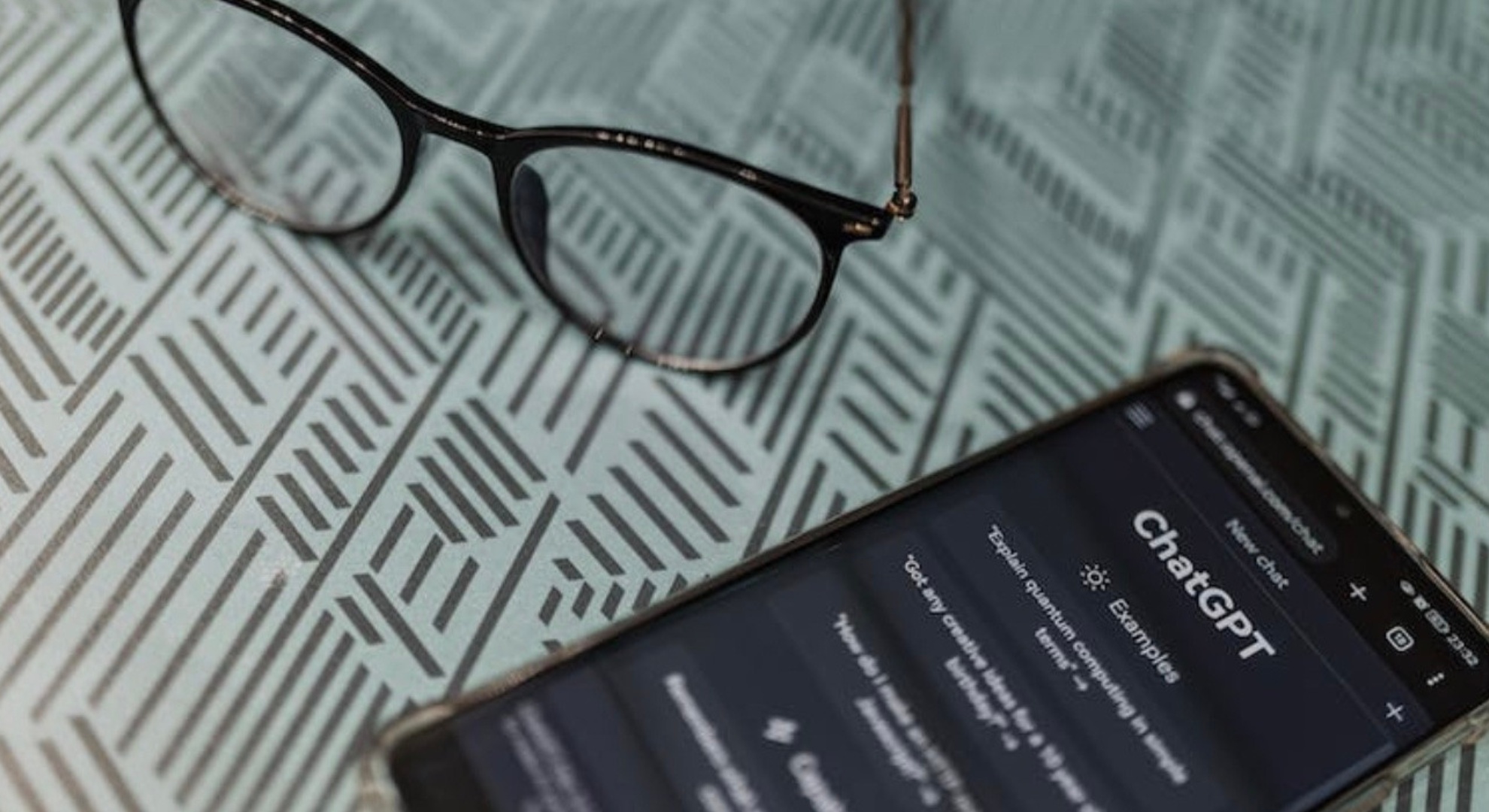This is insane: ChatGPT has detected the reason behind a boy’s chronic pain that has persisted for over 3 years — something that 17 doctors couldn’t diagnose.
Alex, the young kid who was experiencing chronic pain for years, went to several examinations to determine the culprit behind his problem. However, he underwent unsuccessful diagnoses multiple times. His mother Courtney, who was anxious at that time, then resorted to the AI tool “ChatGPT.” Shockingly, it revealed that Alex had tethered cord syndrome.
“Our nanny started telling me, ‘I have to give him Motrin every day, or he has these gigantic meltdowns,’. If he had Motrin, he was totally fine”, Courtney explained in an interview with a media website.

She added that as soon as Alex started chewing stuff and stopped growing taller, she took him to the dentist and pediatrician, respectively. After physical check-ups, nothing really happened. They were being recommended to other specialists, including physical therapists, and neurologists, among others, and all diagnoses failed. It was a three-year journey for her and her son to find out the reason behind his symptoms.
“We saw so many doctors. We ended up in the ER at one point. I kept pushing. I really spent the night on the computer … going through all these things”, she added.
When she discovered ChatGPT, she immediately looked for an answer to her question. Surprisingly, AI seemed to shed light on Alex’s condition; he has a spinal cord abnormality.
Tethered cord syndrome is a rare case wherein the spinal cord is attached to the spinal canal, restricting blood flow and leading to muscle pain, weakness, and motor control problems. Alex’s condition was caused by spina bifida occulta, resulting in a small gap in the spine without nerve damage.
Following ChatGPT’s diagnosis, Alex had a spinal cord surgery just this summer.
While it may sound strange, AI continues to demonstrate that if used correctly, it can do wonders for humanity.
Other POP! stories that you might like:
AI writing detectors ‘do not work,’ OpenAI verifies
Google AI co-founder predicts that everyone will have AI assistants within the next five years
Radio Station introduces its first-ever AI DJ based on real-life midday host
Why we must always be wary of ‘feel-good narratives’ on social media



